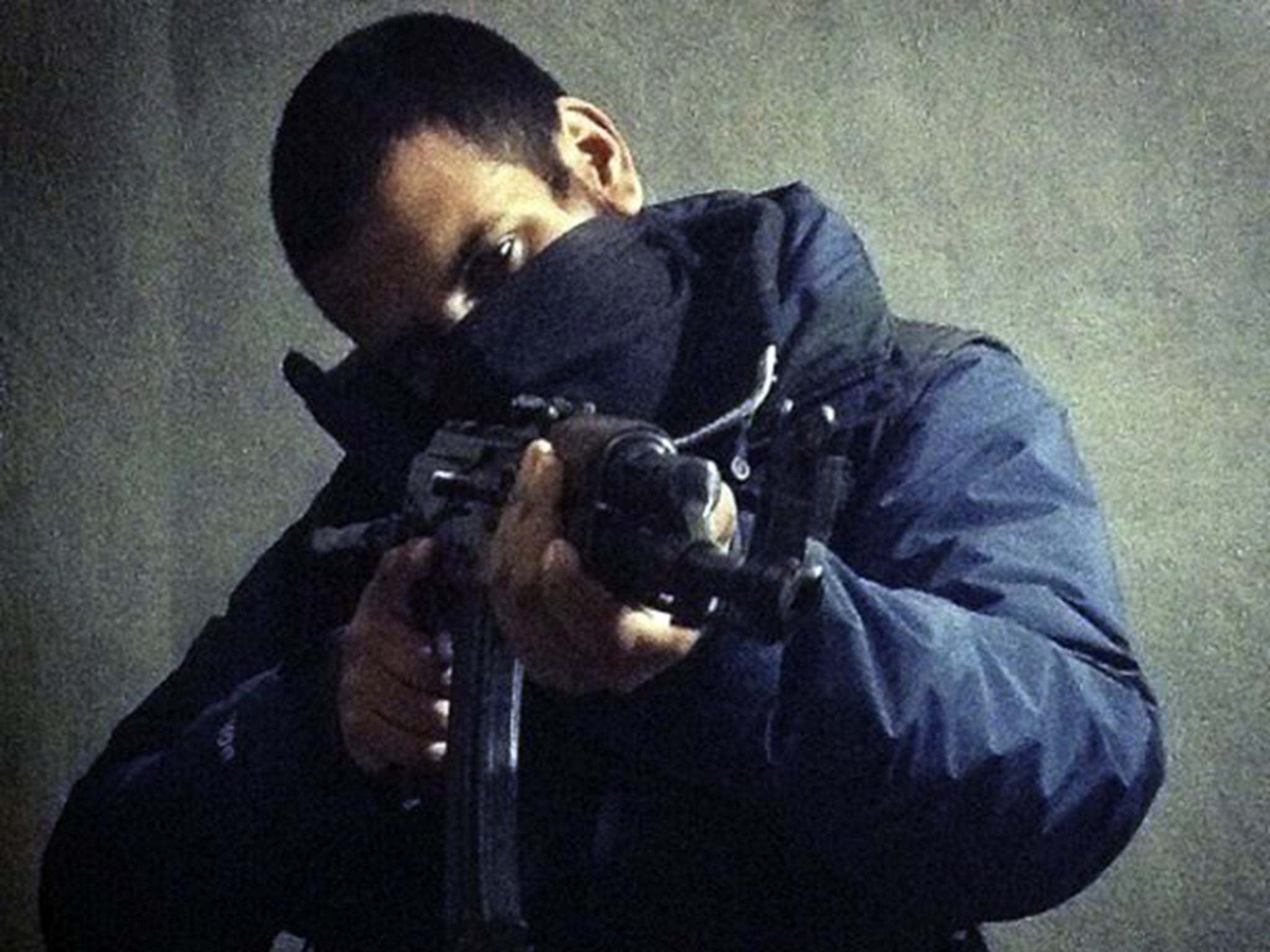British Isis jihadists 'had phones hacked by GCHQ' before they were killed by drone strikes
Reyaad Khan and Junaid Hussain's communications had been infiltrated

Your support helps us to tell the story
From reproductive rights to climate change to Big Tech, The Independent is on the ground when the story is developing. Whether it's investigating the financials of Elon Musk's pro-Trump PAC or producing our latest documentary, 'The A Word', which shines a light on the American women fighting for reproductive rights, we know how important it is to parse out the facts from the messaging.
At such a critical moment in US history, we need reporters on the ground. Your donation allows us to keep sending journalists to speak to both sides of the story.
The Independent is trusted by Americans across the entire political spectrum. And unlike many other quality news outlets, we choose not to lock Americans out of our reporting and analysis with paywalls. We believe quality journalism should be available to everyone, paid for by those who can afford it.
Your support makes all the difference.Two British Isis militants killed by drone strikes in Syria were traced after contacting their friends at home, it has been claimed.
Intelligence agency GCHQ and allies in the US had hacked an encrypted messaging service used by Reyaad Khan and Junaid Hussain to track their movements before they were killed last month, The Times reported.
Khan, 21, was travelling with fellow British jihadi Ruhul Amin, 26, when their car was hit by a Hellfire missile on 21 August.

The Defence Secretary approved the RAF drone attack, in the so-called Islamic State’s capital of Raqqa, after one of the men contacted friends at home, allowing agents to confirm their position, the Sun on Sunday reported.
Hussain was killed three days later by an American airstrike in the city.
An Isis fighter told The Times that Hussain was targeted shortly after clicking what was thought to be a “poison link” sent to him on Surespot, a messenger service extremists believe has been compromised by agents.
The 21-year-old, from Birmingham, was convicted for hacking Tony Blair’s address book and is thought to have been behind Isis cyber attacks in Britain and the US after travelling to join the group in Syria in 2013.

Responding to claims that Surespot had been hacked, the messaging service has released a statement claiming it was the “safest and most secure private messaging tool”.
A spokesperson insisted that developers were not being forced to shut the app down or build a “back door” for authorities to monitor communications.
The company said it “strictly prohibits the use of the app for illegal purposes of any kind”, adding: “We ask anyone doing so to immediately find another means of communication.
“However, due to the nature of encryption, it is impossible for anyone to monitor or verify allegations or suspicion of unethical or illegal activity … there is no means to verify how the app is being used or by whom.”
Announcing the jihadists’ deaths earlier this month, the Prime Minister said the “entirely lawful” action was carried out with approval from the Attorney General.
The told the House of Commons that Khan and Hussain were orchestrating terror attacks on “high-profile public commemorations” over the summer, believed to include a planned attack on the Queen and other dignitaries in London on Armed Forces Day.
Join our commenting forum
Join thought-provoking conversations, follow other Independent readers and see their replies
Comments